Home

First Period After C Section: How Long Does It Last
In this Article
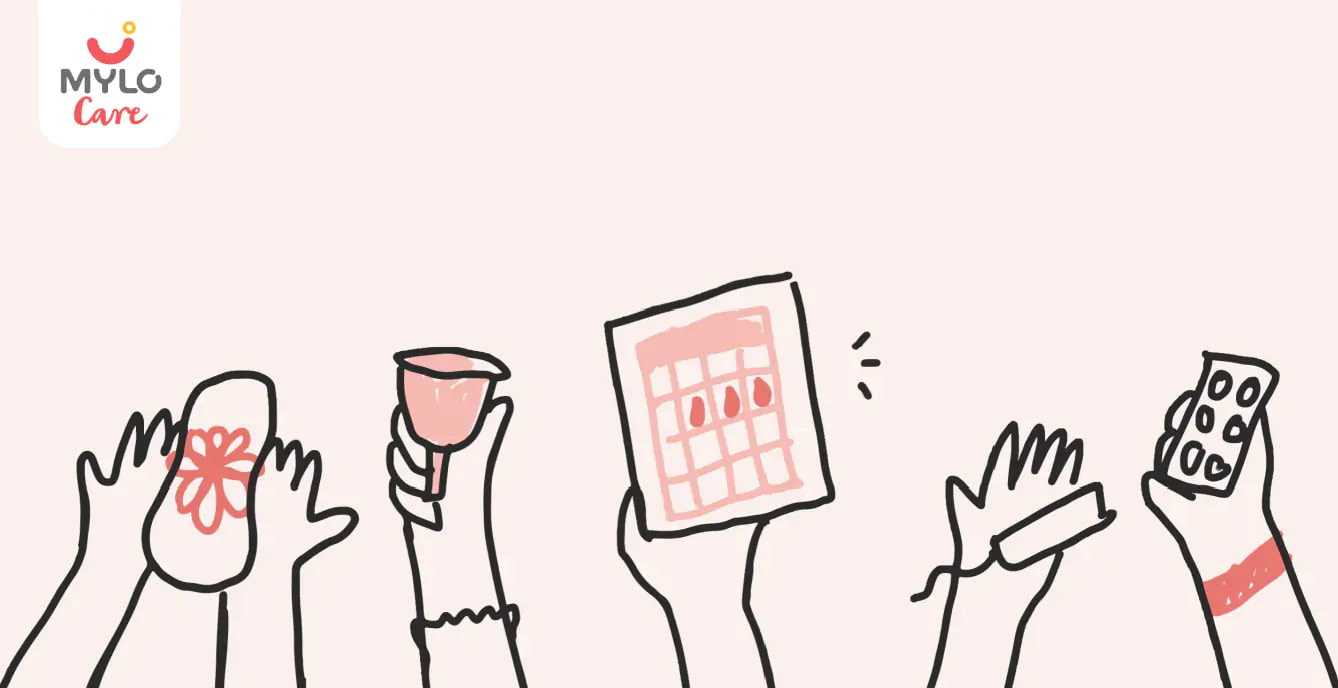
Pregnancy
First Period After C Section: How Long Does It Last
Updated on 21 February 2024
Are you a new mom who has recently had a C section? Congratulations on your little bundle of joy! As you embark on this beautiful journey of motherhood, it's important to be informed about what to expect, especially when it comes to your first period after C section, how long does it last and what symptoms it can bring along.
In this article, we'll dive into the details of the first period after giving birth, how long should it last and what you can anticipate during this phase. So, let's get started and ease any concerns you may have about this postpartum experience!
When to Expect Your First Period After C Section?
After undergoing a C section, many new mothers wonder when they can expect to have their first period. The timing can vary from woman to woman, depending on various factors. Generally, most women will experience their first period within 6 to 8 weeks after giving birth, whether it was a C section or vaginal delivery.
However, it is important to note that every woman's body is different, and the timing may differ for each individual. Some women may have their first period sooner, while others may experience a longer delay. It is important to be patient and let your body heal before expecting your first period after a C section.
What Factors Can Affect the First Period After Delivery?
Several factors can influence the timing of your first period after a C section. These factors include:
1. Breastfeeding
If you are exclusively breastfeeding, it can delay the return of your period. Breastfeeding can suppress ovulation and menstruation hormones. However, it is important to note that this is not foolproof contraception, and it is still possible to become pregnant even without having your period.
2. Hormonal changes
Giving birth triggers significant hormonal changes in a woman's body. These hormonal fluctuations can affect the timing of your first period. It may take some time for your hormones to regulate and for your menstrual cycle to return to normal.
You may also like: When to Have Sex After C Section: The Ultimate Guide for New Parents
3. Stress levels
Stress can have a significant impact on your menstrual cycle. If you are experiencing high levels of stress during the postpartum period, it can delay the return of your period.
4. Body weight
Your body weight can also play a role in the timing of your first period. Women who have a higher body mass index (BMI) may experience a longer delay in the return of their period.
5. Genetics
Family history and genetics can also influence the timing of your first period after a C section. If other women in your family experienced a delayed return of their period after childbirth, it is possible that you may experience the same.
Differences Between the First Period After C Section and Vaginal Delivery
While the timing of the first period after a C section and vaginal delivery may be similar, there are some differences to be aware of. One major difference is the healing process involved in a C section.
After a C section, the incision site needs time to heal, and this can affect the flow and duration of your first period. It is not uncommon for women who have had a C section to experience a lighter flow and shorter duration during their first period compared to those who had a vaginal delivery.
Additionally, the hormonal changes that occur after a C section may be different from those after a vaginal delivery. This can also impact the regularity and intensity of your first period. It is important to remember that every woman's experience is unique, and these differences may vary from person to person.
First Period After Giving Birth: How Long Should It Last?
The duration of your first period after giving birth, whether it was a C section or vaginal delivery, can vary. On average, the first period after childbirth tends to be shorter than regular periods. It is not uncommon for women to experience a period that lasts for 3 to 5 days during this initial postpartum phase. However, it is important to remember that this is just an average, and individual experiences may differ.
If you are concerned about the duration of your first period after giving birth, it is always best to consult with your healthcare provider. They can provide personalized guidance based on your specific situation and medical history.
You may also like: Postnatal Ayurvedic Care for New Mothers
What are Some Common Symptoms During First Period After C Section?
During your first period after a C section, you may experience some common symptoms that are similar to those experienced during a regular period. These symptoms can vary from woman to woman, but some of the most common ones include:
1. Cramping
Mild to moderate cramping is a normal part of the menstrual cycle. These cramps may feel similar to those experienced during a regular period.
2. Bleeding
You may experience bleeding or spotting during your first period after a C section. The amount of bleeding can vary from woman to woman.
3. Breast tenderness
Hormonal changes during your first period can cause breast tenderness or sensitivity.
4. Mood swings
Hormonal fluctuations can also contribute to mood swings during your first period after a C section.
5. Fatigue
You may feel more tired or fatigued during your first period as your body adjusts to the changes.
It is important to remember that these symptoms are typically temporary and should subside as your body adjusts to its regular menstrual cycle.
You may also like: When Can I Start Bending After C-Section: Expert Insights on C-Section Recovery
When to See a Doctor?
While certain changes and experiences are normal during your first period after a C section, there are situations in which it is important to seek medical attention. If you experience any of the following, it is recommended to consult with your healthcare provider:
1. Excessive bleeding
If you are soaking through a pad or tampon within an hour or experiencing heavy bleeding that lasts for an extended period, it may indicate a problem.
2. Severe pain
If you are experiencing severe abdominal pain or intense cramping that is not relieved by over-the-counter pain medication, it is best to consult with your doctor.
3. Foul odor
If you notice a foul odor accompanying your bleeding, it may be a sign of infection and should be evaluated by a healthcare professional.
4. Fever
A persistent fever may indicate an infection and should be evaluated by your doctor.
Remember, it is always better to err on the side of caution and seek medical advice if you have any concerns or unusual symptoms.
FAQs
1. What is the first period like after C section?
The first period after a C section can vary from woman to woman. Some may experience a lighter flow and shorter duration compared to their regular periods. It is normal to have some cramping and bleeding during this time.
2. Is the first period after C section very painful?
The level of pain experienced during the first period after a C section can vary. Some women may experience mild to moderate cramping, while others may have more intense pain. If you are experiencing severe pain that is not relieved by over-the-counter pain medication, it is best to consult with your healthcare provider.
3. Why did I get my period while breastfeeding?
While breastfeeding can delay the return of your period, it is not foolproof contraception. It is still possible to ovulate and menstruate while breastfeeding. Factors such as the frequency and intensity of breastfeeding, as well as individual hormonal variations, can affect the return of your period.
Final Thoughts
The first period after C section is a natural part of the postpartum journey. In this guide to “First Period After C Section: How Long Does It Last,” we understood that the timing and experience can vary from woman to woman, and it is important to be patient with your body as it heals and adjusts. Remember, every woman's experience is unique, and what is normal for one person may not be the same for another.
References
1. Eleje GU, Ugwu EO, Dinwoke VO; et al. (2020). Predictors of puerperal menstruation. PLoS One.
2. Sharman A. Menstruation after childbirth. (1951). J Obstet Gynaecol Br Emp.



Written by
Anupama Chadha
Anupama Chadha, born and raised in Delhi is a content writer who has written extensively for industries such as HR, Healthcare, Finance, Retail and Tech.
Read MoreGet baby's diet chart, and growth tips

Related Articles
Related Questions
Influenza and boostrix injection kisiko laga hai kya 8 month pregnancy me and q lagta hai ye plz reply me

Hai.... My last period was in feb 24. I tested in 40 th day morning 3:30 .. That is faint line .. I conculed mylo thz app also.... And I asked tha dr wait for 3 to 5 days ... Im also waiting ... Then I test today 4:15 test is sooooo faint ... And I feel in ma body no pregnancy symptoms. What can I do .

Baby kicks KB Marta hai Plz tell mi

PCOD kya hota hai

How to detect pcos

RECENTLY PUBLISHED ARTICLES
our most recent articles
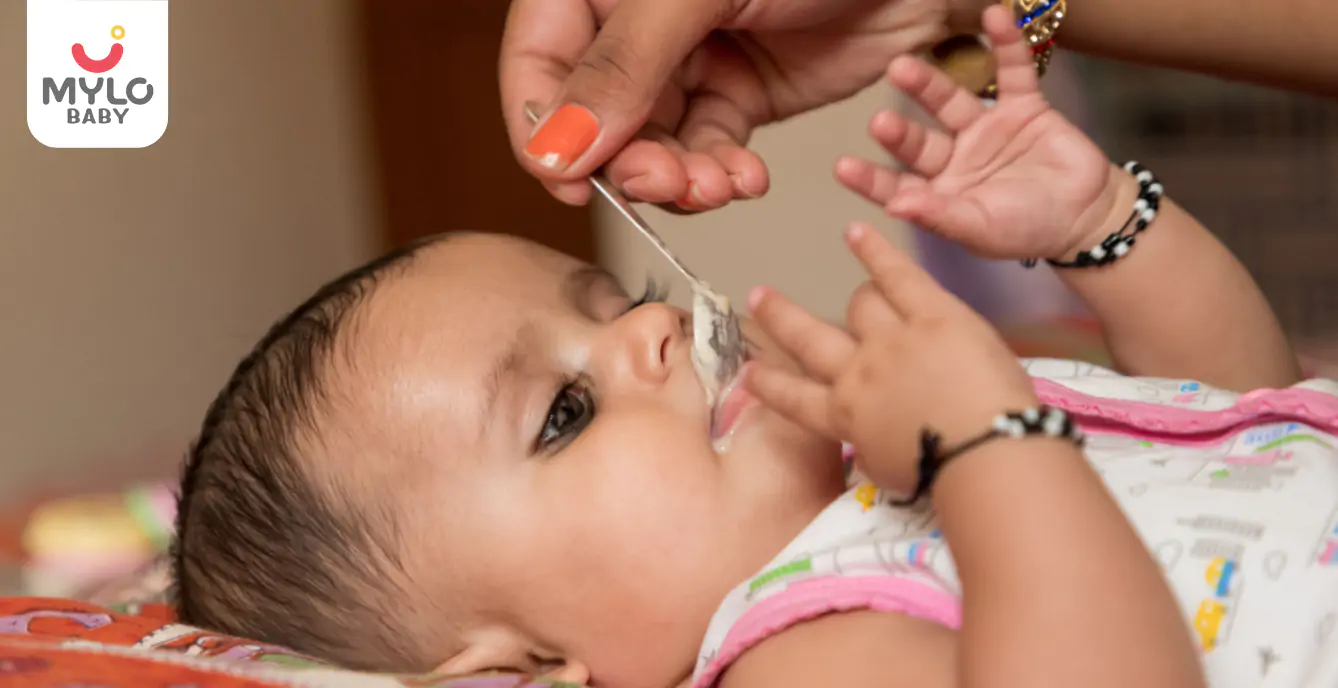
Introducing Solid Foods to your 6-month-old Baby? Here is a complete Food Chart along with some Nutritious Recipes
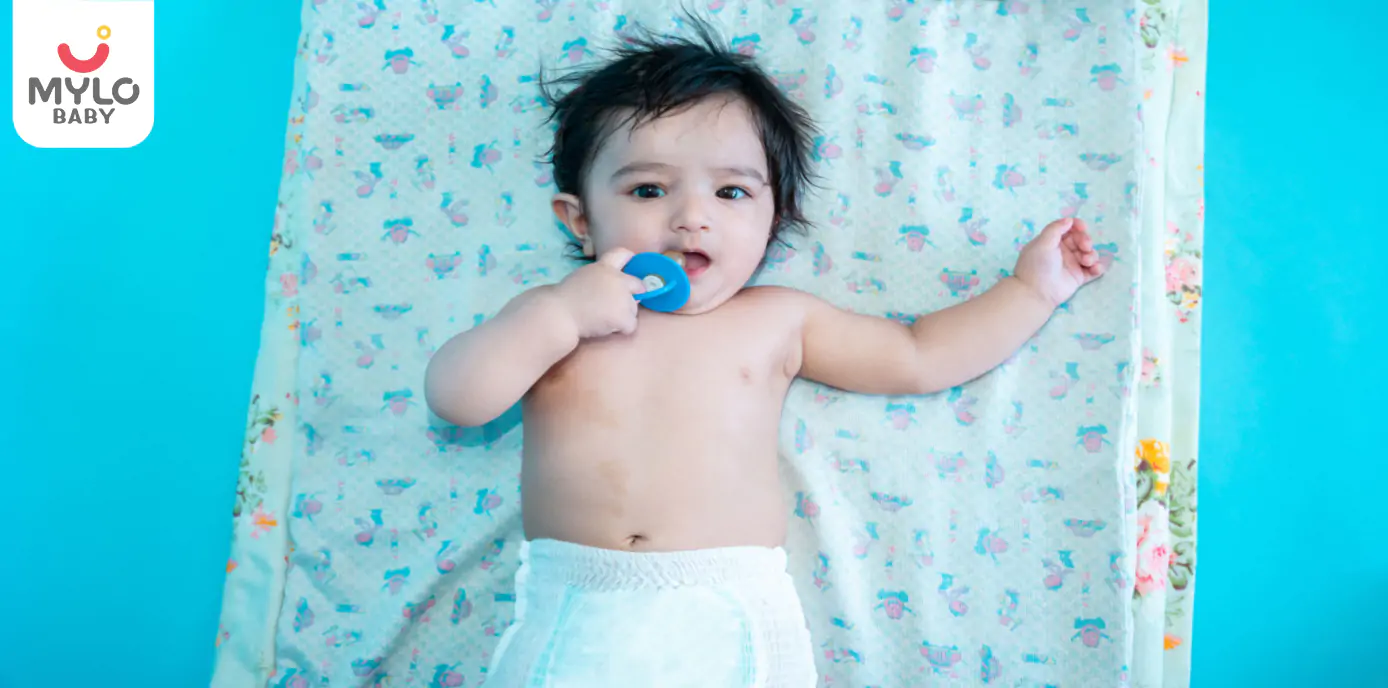
Physical Growth
What to expect about the height/length of 6 months old?
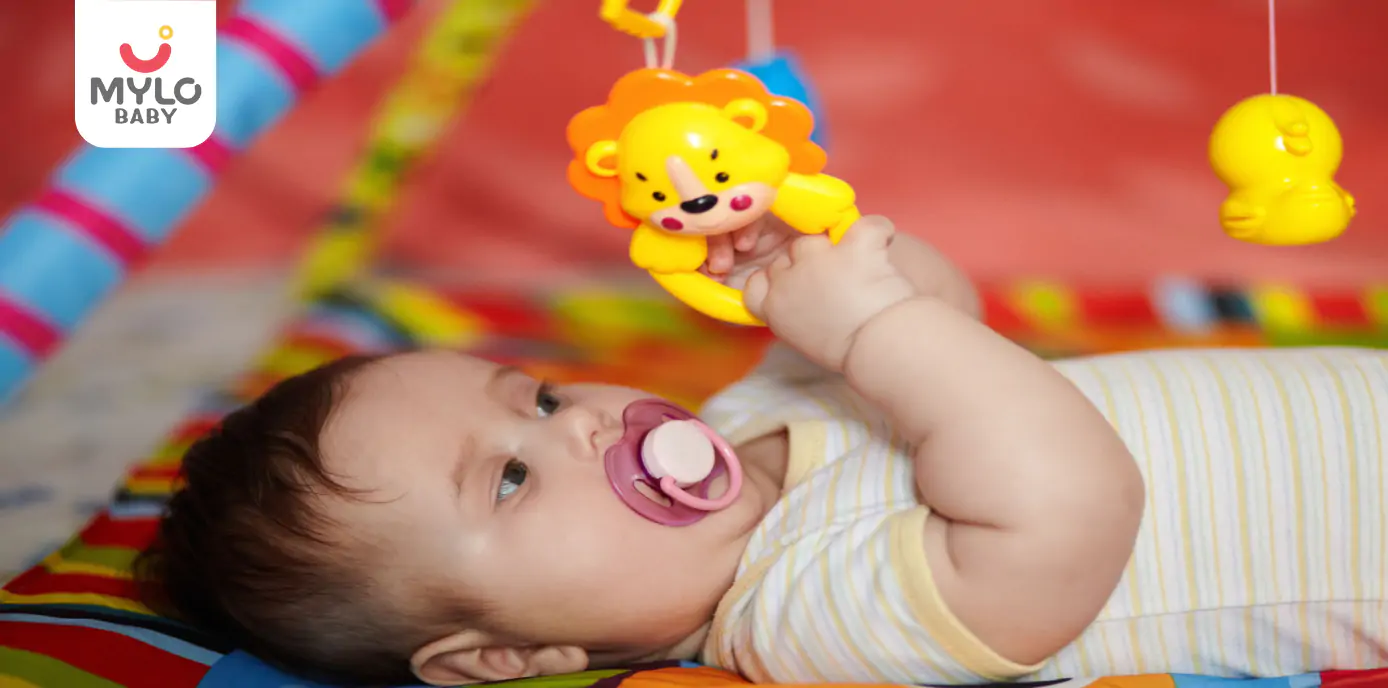
Growth & Development
The Development of Your Kid at the Age of Four Months
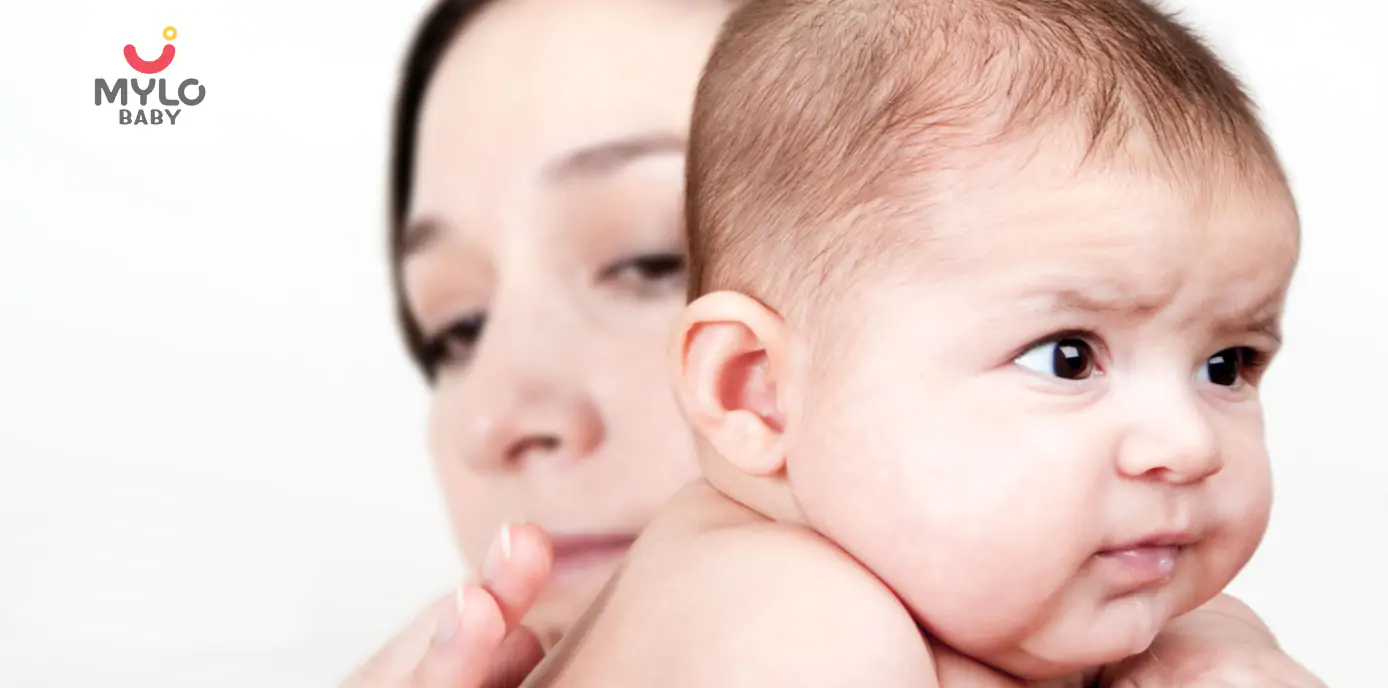
Burping Your Baby
Burping Your Baby
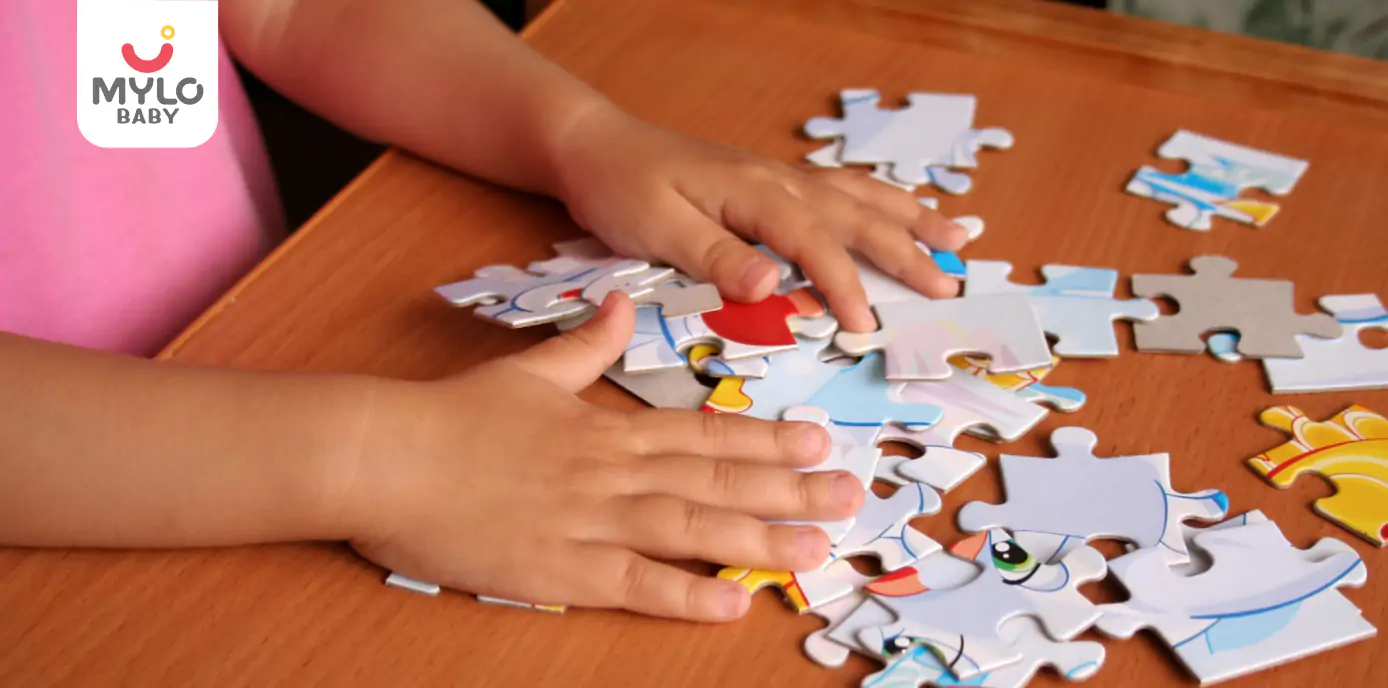
Crawling
What Is the Significance of Motor Skills in Children & How to Develop Them?
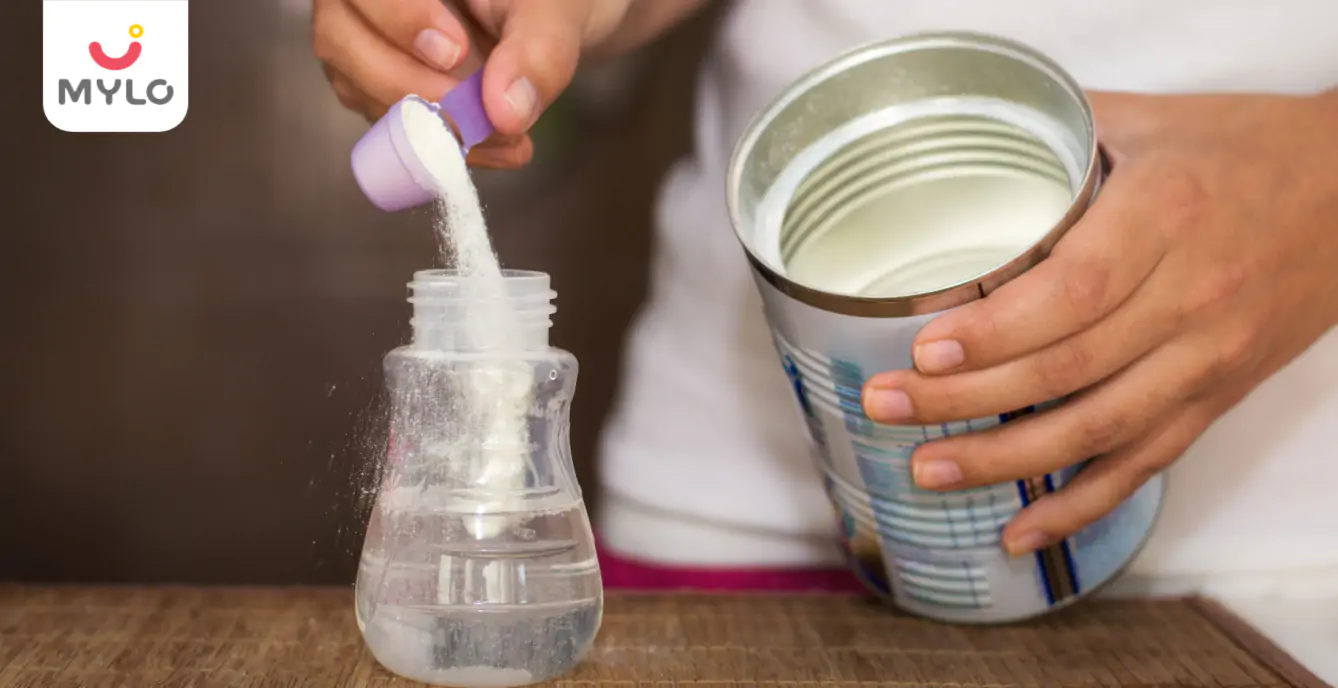
Formula Feeding
The Ultimate Guide to Formula Milk: Everything You Need to Know
- Are baby monitors safe or dangerous for your little ones? How to protect your baby from EMF Radiations?
- Here’s a List of a Lot of Things That You Need to Know When Your Baby Starts Rolling Over
- How to Travel Around the World Stress-Free With Your Baby?
- গর্ভবতী হওয়ার জন্য প্রধান 10টি যৌন অবস্থান: গর্ভধারণের চেষ্টাকারী দম্পতিদের জন্য আলোচনা | Top 10 Sex Positions to Get Pregnant: The Ultimate Guide for Couples Trying to Conceive in Bengali
- Welcoming New Born Baby Quotes to Celebrate Life's Greatest Gift
- It's a Baby Girl! 50+ Ideas for Announcing Your Daughter's Birth
- Never Miss These Crucial Warning Signs of Emotional Development Problems in Your Baby
- The Ultimate Guide to Using Almond Oil for Baby Massage
- An ultimate guide about health, growth, and care for a 7-weeks-old baby
- Posterior Placenta: A Comprehensive Guide for Moms-to-Be
- Let's know more about the growth and development of the brain in infants and early childhood.
- Postnatal Care in India
- Low Birth Weight: Causes, Complications & Treatment
- Laparoscopic Ovarian Drilling: A Safe and Effective Solution for PCOS-Related Infertility


AWARDS AND RECOGNITION

Mylo wins Forbes D2C Disruptor award

Mylo wins The Economic Times Promising Brands 2022
AS SEEN IN

- Mylo Care: Effective and science-backed personal care and wellness solutions for a joyful you.
- Mylo Baby: Science-backed, gentle and effective personal care & hygiene range for your little one.
- Mylo Community: Trusted and empathetic community of 10mn+ parents and experts.
Product Categories
baby carrier | baby soap | baby wipes | stretch marks cream | baby cream | baby shampoo | baby massage oil | baby hair oil | stretch marks oil | baby body wash | baby powder | baby lotion | diaper rash cream | newborn diapers | teether | baby kajal | baby diapers | cloth diapers |




